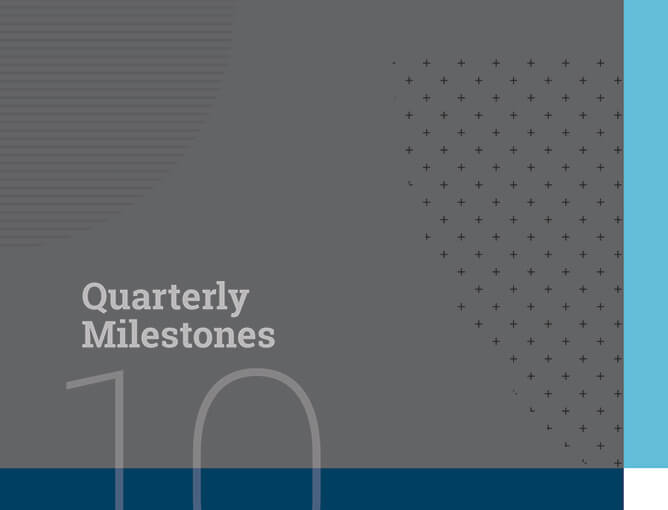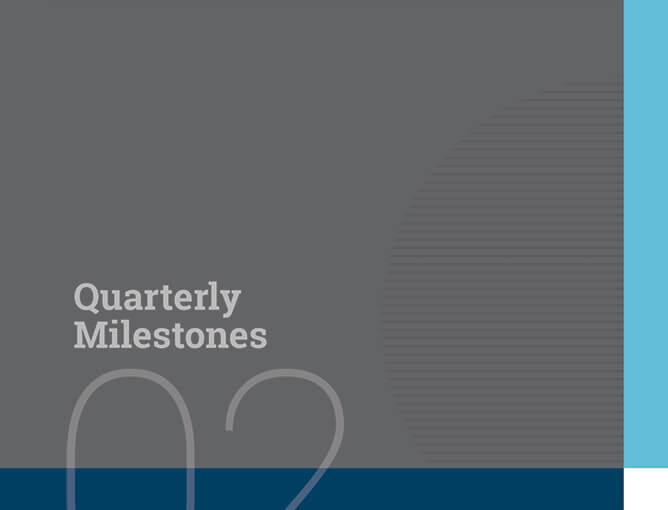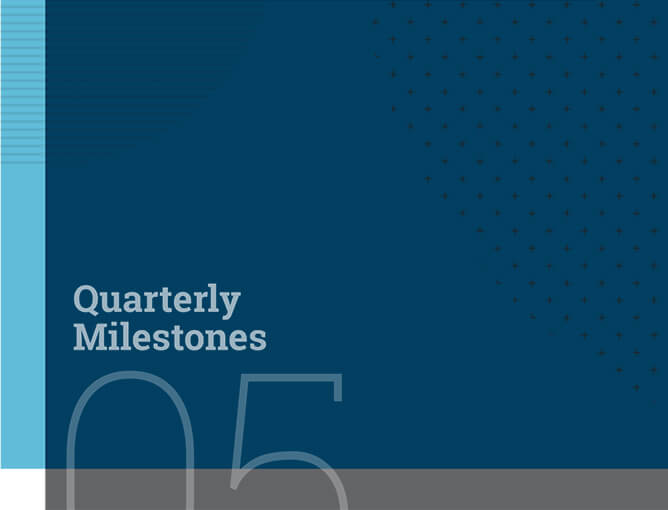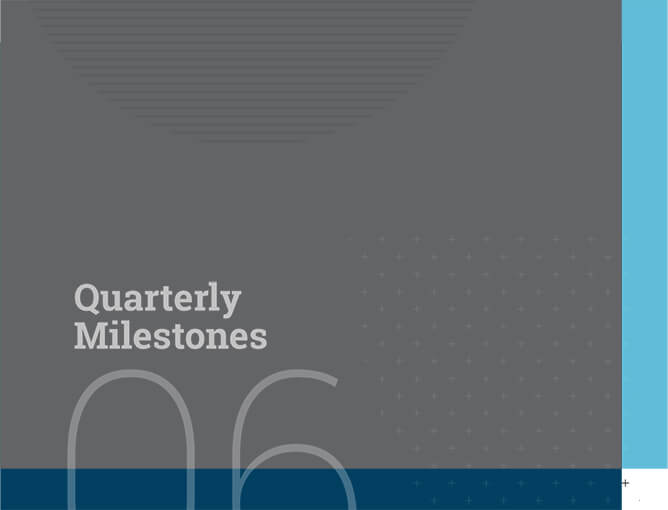
Richa ChoudharyPartner

Pooja SharmaSenior Associate

Aayush KhandelwalAssociate
Key Developments
-
SEBI codifies ‘hard underwriting’ provisions and allows participation by pension funds sponsored by entities that are associates of the lead managers in public issues
In order to strengthen investor confidence and foster increased participation by investors in public issues, the Securities and Exchange Board of India (SEBI), on 23 May 2023, notified the SEBI (Issue of Capital and Disclosure Requirements) (Second Amendment) Regulations, 2023 (ICDR Amendment), making certain amendments to the capital raising provisions for public offer-bound companies.
The key amendments are:
-
Codification of ‘hard underwriting’ provisions
Underwriting in public issues (i.e., initial public offerings and further public offerings) can be undertaken in the following manner:
- ‘Hard underwriting’, where underwriters give an assurance to an issuer to subscribe to the offered securities in case the public issue is under-subscribed; and
- ‘Soft underwriting’, where underwriters only underwrite the issue to fill in the deficiency of any valid bids made using the ASBA (application supported by a blocked account) process, arising solely out of technical or procedural rejections (due to non-availability of funds) in the public issue. Soft underwriting is triggered only after the minimum subscription in the issue is received, thereby covering the payment risk rather than the subscription risk.
While there was no bar on entering into hard underwriting agreements prior to the ICDR Amendment, soft underwriting has been more prevalent in book-built issues, with only a handful of deals being hard underwritten. Hard underwriting, however, benefits the issuer and investors as they are now insured by obligating underwriters to subscribe to the unsubscribed portion, if contractually agreed to. With the ICDR Amendment, SEBI has now codified the concept of hard underwriting, in alignment with the current market practice, and prescribed an additional requirement to execute the underwriting agreement ahead of the filing of the red herring prospectus and disclose it in the red herring prospectus (in case of a soft underwritten issue, the underwriting agreement is executed ahead of the filing of the prospectus).
-
Pension funds sponsored by entities that are associates of the lead managers are now expressly allowed to participate in the anchor investor category in public issues of specified securities
The SEBI (Issue of Capital and Disclosure Requirements) Regulations, 2018 prescribe certain restrictions on lead managers and their associates from applying as anchor investors in public issues. Now, through the ICDR Amendment, SEBI has extended the scope of the investor bucket by enabling greater participation of anchor investors. The ICDR Amendment provides an exemption to pension funds promoted by entities that are associates of lead managers, allowing them to participate as anchor investors in public issues.
-
-
SEBI prescribes enhanced corporate governance standards for listed entities
In a move to strengthen disclosure and governance standards for listed entities, SEBI notified various amendments to the SEBI (Listing Obligations and Disclosure Requirements) Regulations, 2015 (LODR Regulations) on 14 June 2023. These amendments follow the various public consultations undertaken by SEBI towards the end of 2022 and early 2023. The requirements, brought in through these amendments, are applicable within 30 days from 14 June 2023 (except otherwise stated below in certain instances).
Key highlights of these amendments are set out below.
-
New timelines for reporting of financial statements by newly listed entities
Under the earlier framework, the timelines for submitting financial results for all listed companies, including newly-listed companies (for submitting their first financial results post-listing), were: (i) within 45 days of the end of each quarter (other than the last quarter); and (ii) within 60 days of the end of the financial year. Regulation 33(3) of the LODR Regulations has now been amended to provide adequate timelines for reporting of financial statements by newly listed entities. Such entities will have 21 days from the date of listing, or 45 days or 60 days from the end of the quarter or financial year, respectively, whichever is later, to submit their financial results for the periods following the financial statements disclosed in the offer documents. The reporting timelines for existing listed companies remain the same as earlier.
-
Changes to disclosure and reporting requirements for listed entities
-
Enhanced disclosures and clarifications on materiality thresholds
The amendments have specified additional thresholds for the determination of 'materiality' for the purpose of disclosures. Events or information whose value/impact exceeds 2% of turnover or net worth (except in case the arithmetic value of the net worth is negative) as per the last audited consolidated financial statements, or 5% of the average of the absolute value of profit or loss after tax, as per the last three audited consolidated financial statements – must now be disclosed by listed entities. Further, promoters, promoter group companies, key managerial personnel, directors, related parties, shareholders and employees must disclose arrangements entered into by them (among themselves/with the listed entity or a third party, solely or jointly) which may impact (potentially or actually) the management or control of the listed entity or impose any restriction or create any liability on the listed entity. The listed entities are, in turn, required to disclose the number of agreements that subsist, and their salient features, including the link to the webpage where the complete details of such agreements are available, in the annual report for the Fiscal Year 2023 or 2024.
Listed entities may need to review and suitably amend their materiality policies for the determination of material events. To facilitate this determination, SEBI also published detailed guidelines, on 13 July 2023, further elaborating on various aspects of these amendments, such as – (i) disclosures of such material events/information, (ii) timelines for making such disclosures, (iii) guidance on when such material event/information is said to have occurred, and (iv) criteria for calculation of average of profit or loss after tax for the purposes of determining materiality of an event/information.
Separately, on the same day, SEBI also notified a framework for disclosures and assurance for the value chain of listed entities as a sub-set of the Business Responsibility and Sustainability Report (BRSR) that was prescribed by SEBI earlier in 2021 for Environmental, Social and Governance (ESG) related disclosures by top 1000 companies by market capitalisation. This framework – called BRSR Core – consists of a set of key performance indicators relating to the value chain of a listed entity (comprising its top upstream and downstream partners, cumulatively comprising 75% of its purchases/sales (by value) respectively) that must be reported.
-
Reactions to reports in mainstream media
Listed entities are now required to confirm, deny or clarify any reported event or information in mainstream media which is not general in nature, and which indicates that rumours of an impending specific material event or information are circulating amongst the investing public. The listed entities must respond to such reported event or information as soon as reasonably possible and not later than 24 hours from the reporting of the event or information. Further, in case the listed entity confirms the reported event or information, it is required to provide the current stage of such event or information. The above requirement is applicable to the top 100 listed entities (with effect from 1 October 2023) and, thereafter, the top 250 listed entities (with effect from 1 April 2024), in each case as per the market capitalisation at the end of the immediately preceding financial year.
-
-
Continuation of a director will now require periodic shareholder approval
From 1 April 2024 onward, the continuation of a director on the board of a listed entity will require shareholder approval once every five years from the date of their appointment or re-appointment. Further, any director serving on the board as of 31 March 2024 without shareholder approval for the last five years will need to obtain such approval in the forthcoming general meeting.
This requirement comes with a few exceptions and does not apply to:
- whole-time director;
- managing director;
- manager;
- independent director;
- director retiring by rotation (in each case, if the requisite shareholder approval has been obtained for such re-appointment as prescribed otherwise under the LODR Regulations or the Companies Act, 2013 (Act));
- nominee director appointed by financial regulators or by the government (other than a public sector company);
- director appointed by a court or a tribunal;
- director appointed by a Reserve Bank of India (RBI) registered/regulated financial institution under their respective lending arrangement; or
- director nominated by a SEBI registered debenture trustee pursuant to a debenture subscription agreement.
This measure will directly impact the permanency of nominee directors of investors pursuant to contractual arrangements, especially in companies that feature a diverse set of institutional investors on cap tables.
-
Strict timelines of three months prescribed for filling vacancies of directors and key managerial personnel
The amendments have mandated a strict maximum period of three months (which is more stringent than the requirement of six months under the Act) for filling vacancies of CEO, CFO, compliance officer, managing director, whole-time director, manager and any other director. Further, in case a listed entity is likely to become non-compliant with the minimum board composition requirements due to the expiration of any director’s term, such vacancy will have to be filled before the office is vacated. These timelines may lead to practical challenges for listed entities in finding suitable candidates and will require planning ahead of time.
-
Periodic approval of shareholders mandated for special rights granted to certain shareholders
In a move that will allow public shareholders to scrutinise the rights available and exercised by specific shareholders at periodic intervals, any special rights granted to shareholders by a listed entity (other than rights granted to RBI regulated or registered financial institutions under a lending agreement or to a SEBI registered debenture trustee under a subscription agreement) will now be subject to shareholder approvals once every five years by way of a special resolution. Any such special rights available to shareholders as on 14 July 2023 will also need to be approved within five years. Since the scope of the term ‘special rights’ (including any grandfathering thereof) has not been clarified yet, such periodic approval requirements may potentially cover anti-dilution protections or transfer restrictions or affirmative voting rights, etc., being granted to investors under contractual arrangements.
Previously, there were no such periodic shareholder approval requirements prescribed under the relevant regulations for special rights granted to shareholders of listed entities. This measure will directly impact the permanency and continuation of special rights pursuant to contractual arrangements.
-
-
Legal Entity Identifier code is now mandatory for entities that have listed or propose to list debt securities
In a move aligning with international best practices and aimed at fostering a transparent and globally recognised financial market, SEBI, through a circular dated 3 May 2023, has mandated entities that have listed or propose to list non-convertible securities, securitised debt instruments and security receipts (Securities) to obtain a Legal Entity Identifier (LEI) code. The LEI code is a globally recognised 20-character alphanumeric identification code for entities that engage in financial market activities and contains information about an entity’s ownership structure. While adding to the list of compliance requirements for such entities, this will promote the entities’ international recognition as potential investors can identify an entity with a unique code and can obtain such entity’s corporate data in a standardised format.
The requirement to obtain an LEI code is applicable to entities with outstanding listed Securities as of 31 August 2023, and those proposing to issue and list Securities from 1 September 2023 onward. This expands the previous requirement set by the RBI for non-individual borrowers with an aggregate exposure above INR 25 crore.













